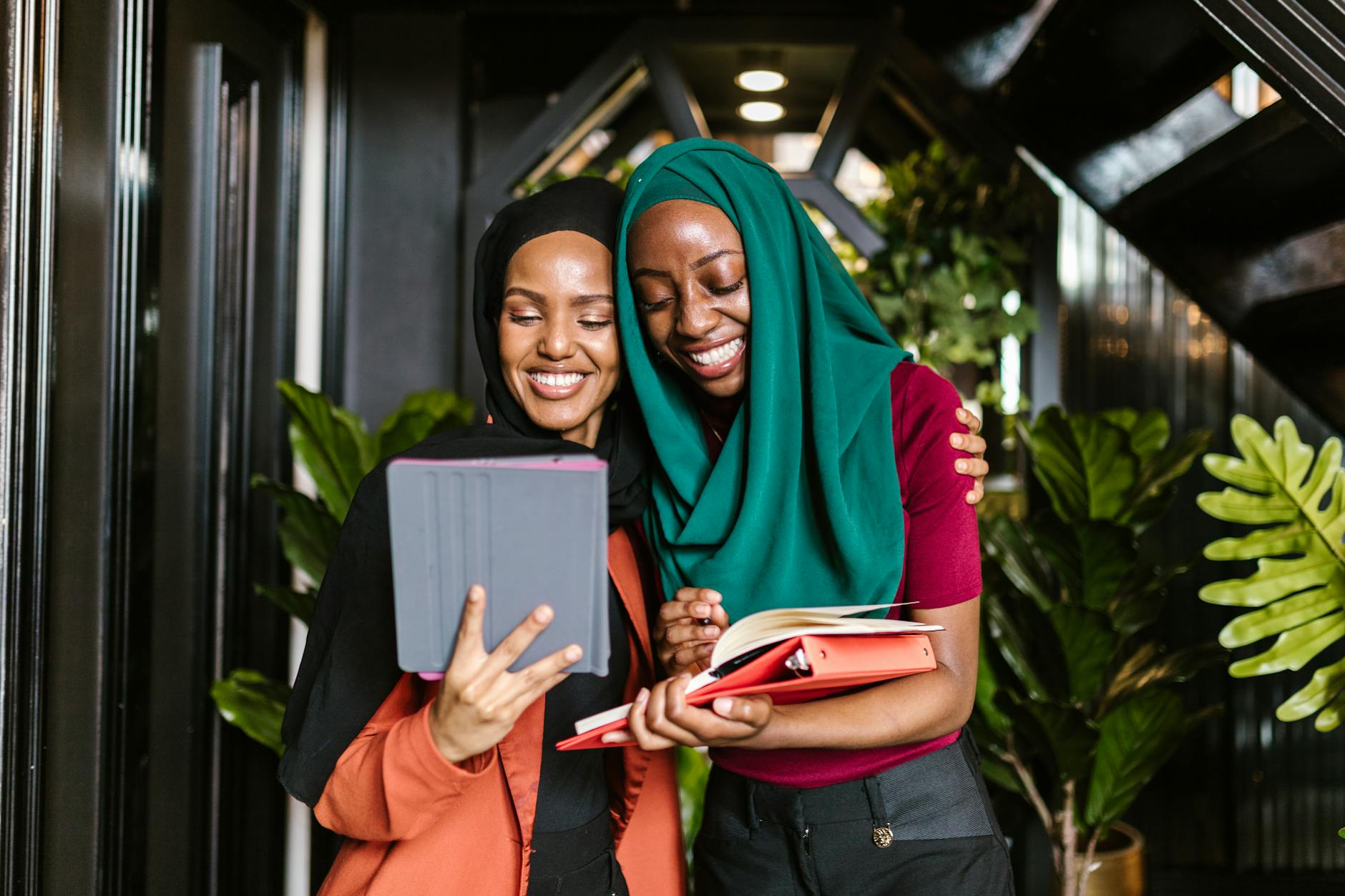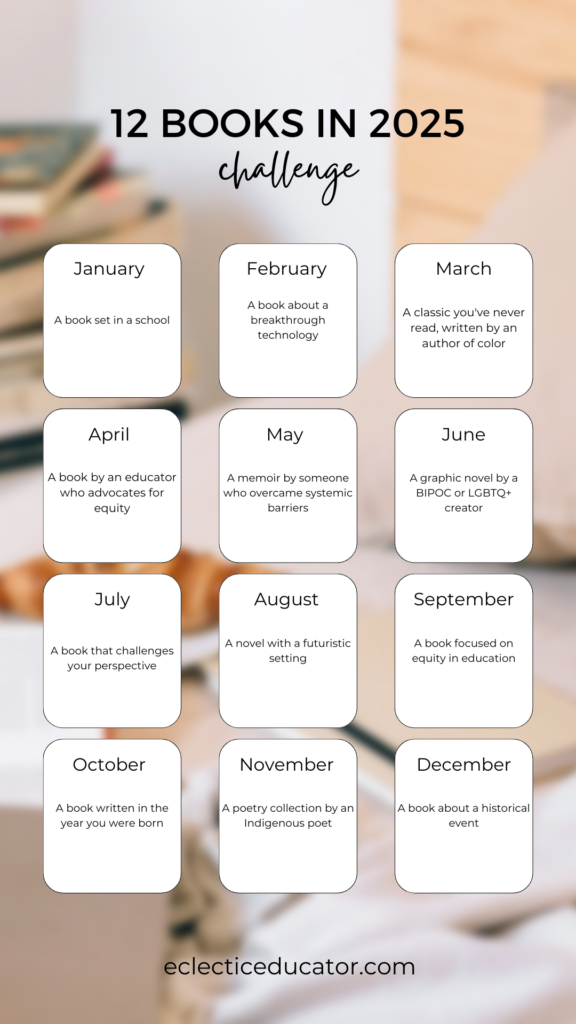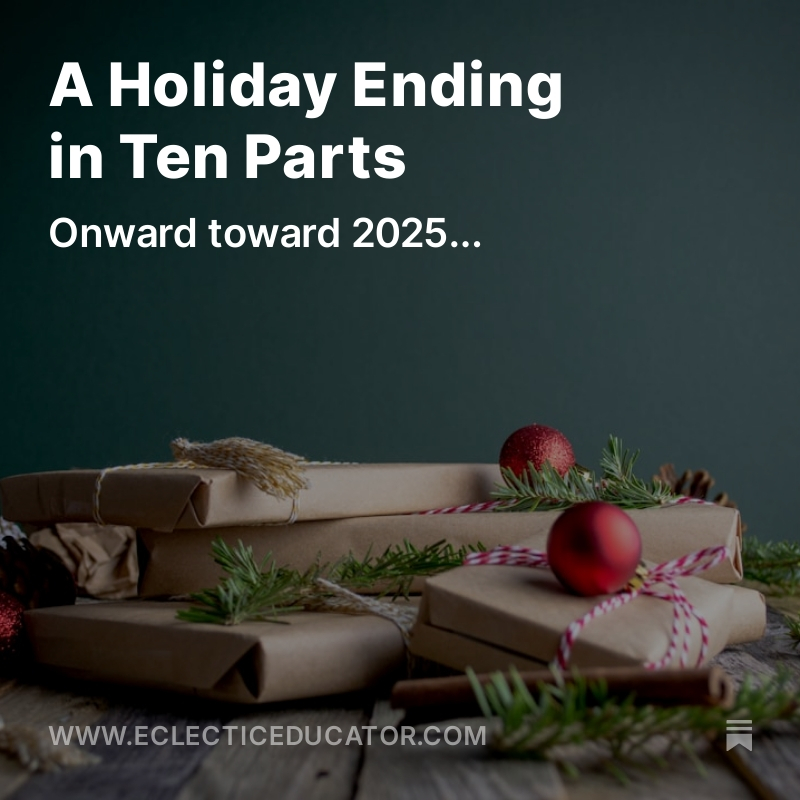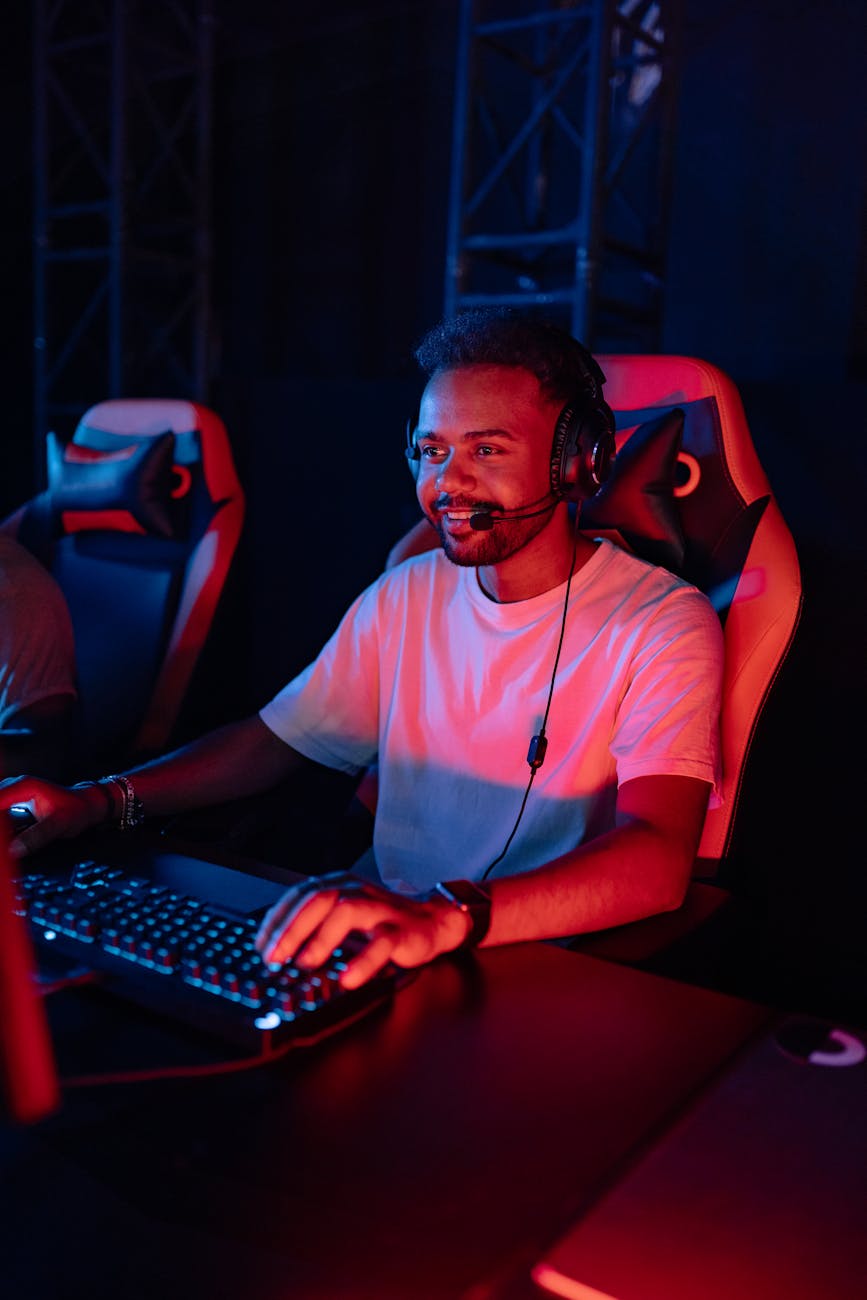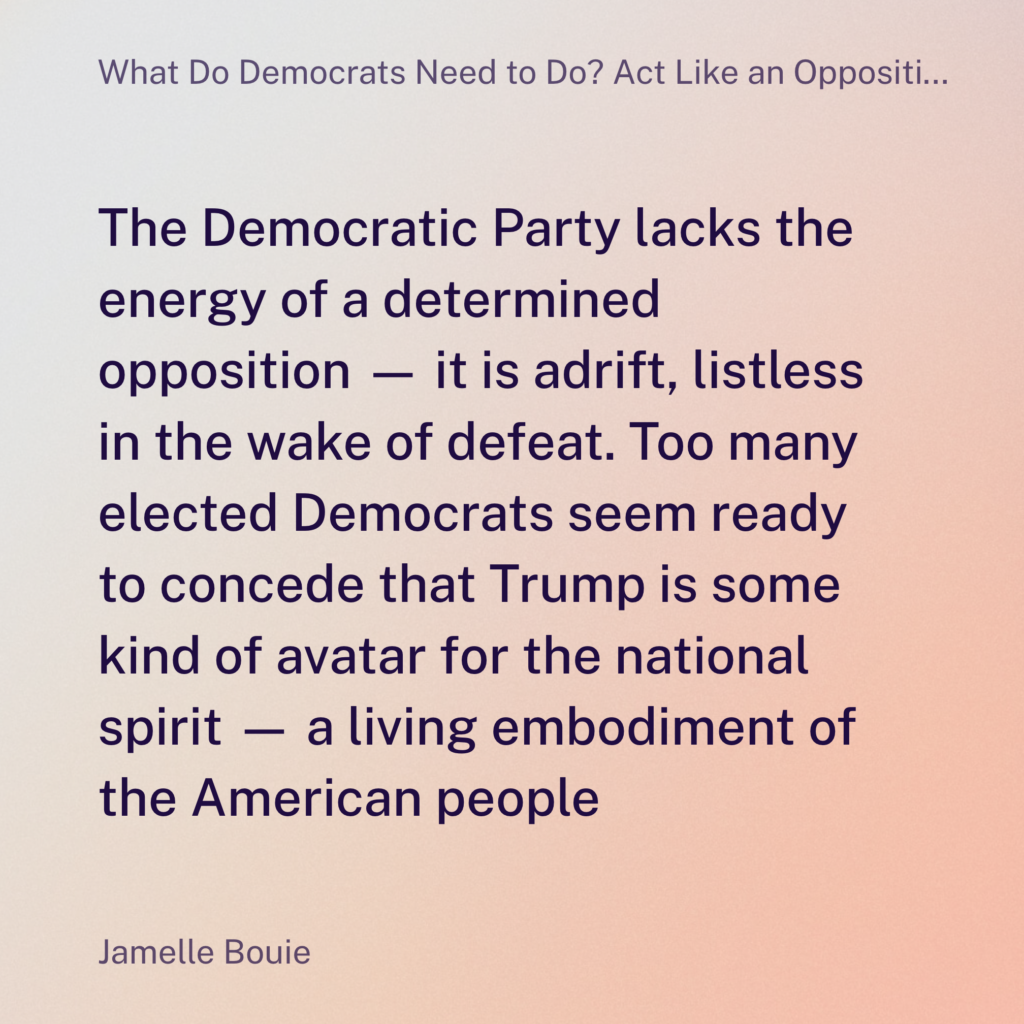
Education has the potential to transform lives, but equity is essential to ensure every learner has access to opportunity. For this prompt in the 2025 Reading Challenge, we’re focusing on books by educators passionate about creating a fairer, more inclusive educational landscape. These titles are not just for teachers—they are for anyone who believes in the power of education to make a difference.
1. For White Folks Who Teach in the Hood… and the Rest of Y’all Too by Christopher Emdin
Genre: Education/Nonfiction
Overview: Emdin’s groundbreaking book challenges traditional approaches to teaching in urban schools. Drawing on his experiences as a teacher and researcher, he offers strategies for engaging students and creating culturally relevant classrooms that honor their identities.
2. We Want to Do More Than Survive by Bettina L. Love
Genre: Education/Activism
Overview: In this powerful call to action, Bettina L. Love introduces the concept of “abolitionist teaching.” She explores the systemic inequalities in education and offers a vision for creating schools that truly support all students, particularly those from marginalized communities.
3. Cultivating Genius by Gholdy Muhammad
Genre: Education/Instruction
Overview: Cultivating Genius provides a framework for literacy instruction that centers on equity and excellence. Inspired by the literary societies of the 19th century, Muhammad’s approach is rooted in identity development, critical thinking, and social justice.
4. Teaching for Black Lives by Rethinking Schools
Genre: Education/Anthology
Overview: This collection of essays, lessons, and resources highlights the importance of teaching Black history, culture, and resistance in schools. Written by diverse educators, Teaching for Black Lives is both a practical guide and a source of inspiration.
5. The Dreamkeepers by Gloria Ladson-Billings
Genre: Education/Nonfiction
Overview: Ladson-Billings’s classic book explores the lives and practices of successful teachers in urban schools. By highlighting culturally relevant pedagogy, she provides a blueprint for educators committed to making a difference.
Why These Books Work for the Challenge
These books offer more than educational theories; they provide actionable strategies, heartfelt stories, and bold visions for equity in schools. They remind us that education is not just about learning facts—it’s about creating a better future for everyone.
Get Your Free Printables!
Keep your reading journey organized with my free 2025 Reading Challenge printables: a tracker and journal pages. Sign up for my newsletter to access these resources and stay inspired year-round.
📥 Sign up here and join the movement toward educational equity through these transformative reads!
Happy reading, and let’s make a difference together.
The Eclectic Educator is a free resource for everyone passionate about education and creativity. If you enjoy the content and want to support the newsletter, consider becoming a paid subscriber. Your support helps keep the insights and inspiration coming!
